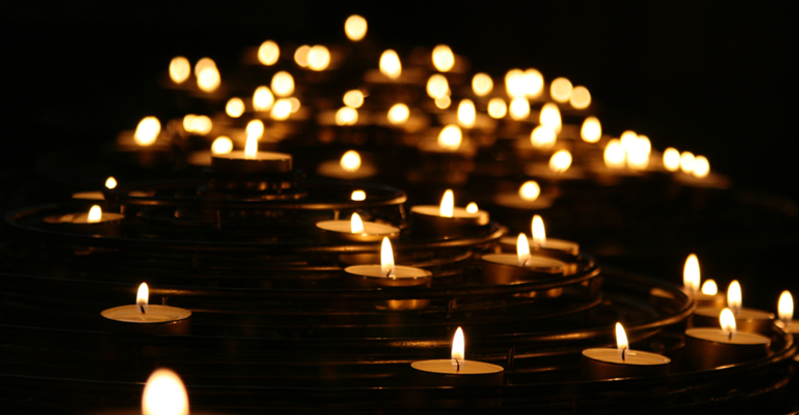Portland Therapy Blog
Local experts share the latest information and resources on all things mental health.
What Is Disenfranchised Grief?
Posted: August 11, 2019 by Samantha Auclair

Disenfranchised grief is grief that is not seen, heard, or validated by others. It is grief that others do not acknowledge or support, which makes it difficult if not impossible for the grieving person to openly and properly grieve their loss. Disenfranchised grief is not merely others’ indifference to the loss that the individual experiences, but rather an outright denial of their right to grieve the way they need to. While disenfranchised grief can take many forms, here are some examples:
- An individual with an intellectual disability experiences the death of a loved one, and their family keeps them from attending the funeral and maybe even neglects to tell them that their loved one has died for fear of upsetting them.
- A child’s family member or friend dies, and their parents tell them they moved away because explaining death is too difficult/the child wouldn’t understand. Or, the parent(s) tells them their loved one has died, but “It’s okay because they went to heaven.”
- A person experiences the death of their partner or spouse, but they’re told they can’t grieve because they have to be there for their child or children.
- A person has an abortion, or their partner has one, and others don’t want to hear about their loss or blame them/their partner when they share their grief.
- A person has a miscarriage, and others tell them “It’s not as bad as having a child die.”
- A person has one or more living parents, but they don’t talk to them due to abuse, neglect, abandonment, criticism, or another reason, and people don’t understand why they’re upset because “they could always reconnect” if they choose to.
- A person who lived through an accident, but either lost an ability or a person through that accident, is told they should just feel grateful they are alive.
- A person who has immigrated misses their country and culture, and others tell them to get over it and adapt to their new surroundings.
- A previously incarcerated individual has lost their relationships and career due to their incarceration, and now they are having difficulty reconnecting with their loved ones and finding a job—all while others blame them for their loss.
- A person ends a relationship, and others in their life think they have no right or reason to be sad seems they are the one who broke up with their partner.
- A person is dumped, but because their partner was a jerk, cheated on them, or otherwise didn’t deserve them, others can’t understand why that person would be upset.
- A person loses someone they love to suicide, overdose, HIV/AIDS, or gang/prison violence, and they feel like they cannot talk about their loss due to the stigma of the way their loved one died.
- Everything about a person’s life looks perfect from the outside, but they feel a great sense of something missing. Whenever they try to talk about it, they are told to they should be happy because they have a great family, relationship, job, etc.
As my examples illustrate, disenfranchised grief is a far-reaching phenomenon. This website offers 64 examples of disenfranchised grief to give you a better idea of just how common this experience is.
So, Why Haven’t I Heard of Disenfranchised Grief?
You have probably heard many examples of disenfranchised grief throughout your life without realizing. Remember, disenfranchised grief is grief alongside the message that what the person has experienced is not actually grief. Or, if it is grief, the person who is experiencing the grief has brought it upon themselves and/or must adhere to a proper grief protocol. Unfortunately, you have probably heard messages throughout your life that invalidate your and others’ pain.
What Can I Do About It?
Talking about disenfranchised grief and its effects can give it more weight and legitimacy, which can make disenfranchised persons and populations feel more heard and seen, thus validating their experience. You can also think about this term next time one of your loved ones tells you they are sad or grieving, especially if they seem embarrassed about what they’re sharing. Just because you wouldn’t consider what they’re sharing grief, it could be grief to them. Give them the space to feel their feelings and express their pain.
Featured Posts
Love Lessons: A Guide to Dating Someone Who is Codependent
Shame, Guilt, Humiliation, and Embarrassment
Why Do People Have Open Relationships?

